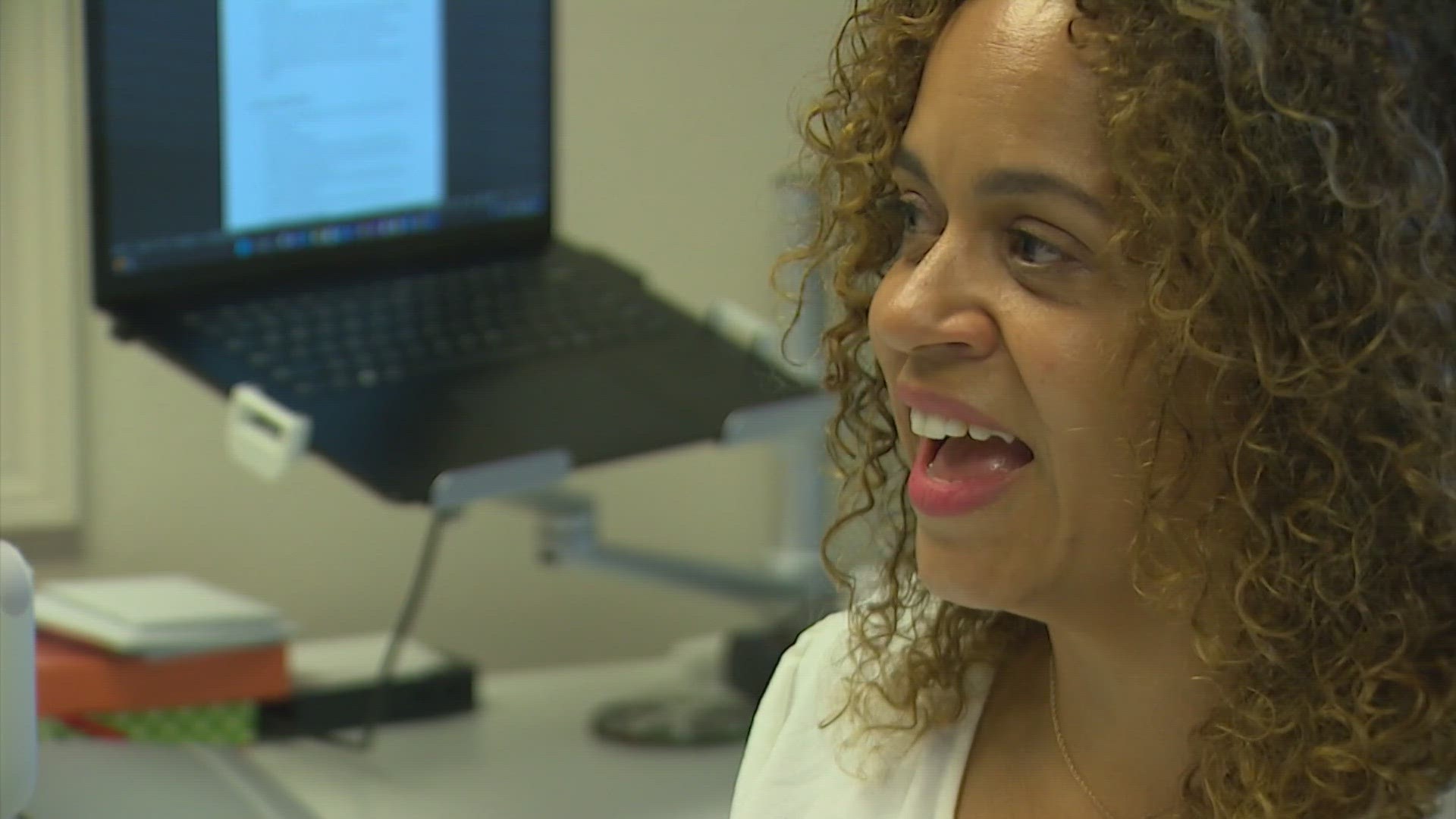EDMONDS, Wash. — They can joke about it now, but in the throes of the pandemic, life at The Vida Agency was no laughing matter.
"We were just praying we can get enough money to meet payroll and figure out what comes next," says Amalia Martino, owner of the Edmonds-based marketing and communications company.
Martino says navigating relief funds during the pandemic was a full-time job in and of itself.
She feels fortunate to have a person who helped her through the process.
"I was lucky to have had a relationship with a banker who was able to mentor me," Martino says. "If I hadn't had someone I could call and ask for help, it would've been a different story."
Businesses owned by women and minorities failed more than others during the pandemic -- despite the availability of government funds to help keep them alive.
In Snohomish County, alone, 30% to 40% of women and minority-owned businesses didn't even bother to apply for COVID relief money.
That attitude is something business leaders are planning to change.
"This will be new for Snohomish County," says Economic Alliance of Snohomish County CEO Garry Clark.
A new chamber of commerce is being created to serve women and people of color.
Clark believes language barriers, trust issues and a lack of connectivity within the BIPOC community often keep people from seeking help for their businesses -- or even starting one at all.
A 2016 Stanford University study found that Black-owned startups were denied loans more frequently than those of whites, regardless of their credit scores.
A BIPOC chamber will act as a business incubator and safety net for the community.
"This allows a BIPOC/woman-owned business to start from scratch. It also helps businesses that are struggling. We'll let them know there are some options for you," says Clark.
"I feel like we're just making up for lost time -- trying to get access and maintain access to things that have historically excluded us," adds Martino. "As a Black business owner, you feel like you have to be head and shoulders above the rest, and that's hard."
These days, life at La Vida is good -- and getting better -- knowing help for BIPOC businesses is on the way.
"There are just so many questions and it's hard to get answers sometimes," says Martino. "It's hard to show up and be vulnerable. I think the BIPOC chamber will provide that space."
Watch KING 5's top stories playlist:

